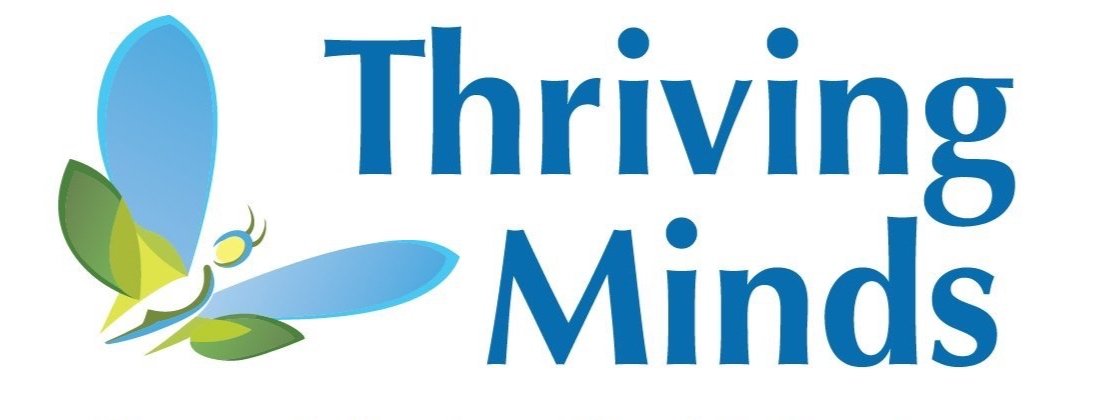Beyond the Basics: Understanding and Practicing Advanced Goals in Selective Mutism
In the early stages of selective mutism treatment, children are often working on establishing foundational brave speaking skills. This might include practicing things such as responding to unfamiliar people, growing single-word responses to short sentences, and speaking in new environments and situations.
Once children make progress on these goals and start using their brave voice more consistently, caregivers and educators often ask us, what next? While making these initial gains is monumental and definitely worth celebration, it’s also important to continuously adjust goals to further challenge our children so they can reach their full potential.
For instance, take “Hudson” who during his kindergarten and first grade year spoke minimally to his classroom teacher and a few close friends. During second grade, he began to consistently respond to most teachers and peers. For him, this growth was huge! And given that he was now consistently responding to most people at school, he was able to navigate his school day pretty successfully and his teacher felt like she could accurately assess and address his learning needs. To some, this felt like the end of his SM-treatment journey. However, by digging in deeper we learned that Hudson still struggled to verbally initiate with others, specifically during whole class lessons. He also continued to have difficulties self-advocating for himself with peers, in order to make his own opinions and preferences known. So while he was able to participate in many learning and social activities at school, his engagement and contributions still fell short of what he was truly capable of.
So what do advanced speaking and socializing goals look like in selective mutism treatment? This can include things such as:
Practice in initiating, maintaining, and exiting conversations with adults and peers
Using social niceties
Self-advocating for one’s own personal needs (e.g., Asking to use the restroom, asking for first aid, using “I feel” statements to communicate feelings and needs with others)
Sharing one’s own opinions and ideas, particularly when others may disagree
Offering compliments and feedback to others
Growing and strengthening friendship skills
Presenting in large groups and fielding audience questions
As children progress in selective mutism treatment and start consistently using their brave voice, it’s essential to keep the momentum going by setting advanced communication goals. These goals push children to become more confident initiators, self-advocates, and active participants in conversations with both peers and adults. At Thriving Minds, we are dedicated to helping families continue this journey toward confident communication, and we are thrilled to announce our brand-new Confident Kids Advanced Camp (CKaC) to help with just that!
Launching in July 2025, CKaC is a 3-day camp designed specifically to target those critical advanced speaking and social skills that children need to thrive in school, friendships, and everyday life. Whether it’s initiating conversations, sharing opinions, or navigating social dynamics, CKaC provides the perfect setting for your child to practice these skills in a supportive and fun environment. Be sure to check it out and secure a spot—your child’s next level of progress awaits!

